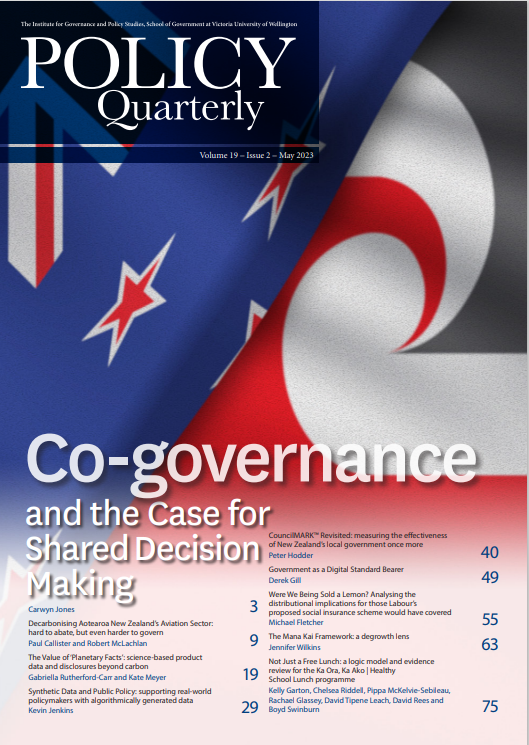Not Just a Free Lunch a logic model and evidence review for the Ka Ora, Ka Ako | Healthy School Lunch programme
DOI:
https://doi.org/10.26686/pq.v19i2.8243Keywords:
school food, child wellbeing, nutrition, education, food systems, equityAbstract
Ka Ora, Ka Ako provides free, healthy lunches for 220,000 learners in low-equity New Zealand schools. Costing over $260 million annually, it represents the largest government investment in child nutrition in generations. Early evaluations indicate success in achieving programme aims of delivering nutritious food, improving learners’ wellbeing, and easing financial stress for families. However, international evidence and emerging local data indicate the programme can achieve the above and more. This article presents a programme logic model drawing on local data and a review of relevant international literature on universal school food provision with the aim of identifying potential long-term outcomes and impacts at multiple levels: for learners, wh`ānau, schools,
communities, and food systems.
Findings indicate that the Ka Ora, Ka Ako programme has the potential to:
• improve children’s nutrition and educational outcomes, as well as improve child and wh`ānau food security;
• enrich school learning environments;
• boost local economies (through creation of jobs paying a living wage) and enhance local foodscapes (including availability and affordability of healthy foods) through food system engagement in schools, with whänau and communities; and
• increase food system resilience (e.g., shorter supply chains and relationship building), and encourage broader food system transformation (e.g., reformulation, waste and packaging solutions) with leverage from new procurement models.
While Ka Ora, Ka Ako can contribute to these pathways, some implementation areas within the programme demand further attention to achieve optimal results. Recognised areas for improvement include ensuring high quality of food, providing more avenues for engagement from children and parents, addressing perceived challenges to integrate Ka Ora, Ka Ako effectively with mātauranga Māori, and improving waste management. Given the high potential for Ka Ora, Ka Ako to contribute to multiple beneficial outcomes, continued investment and expansion of the programme is warranted.
Downloads
Downloads
Published
Versions
- 2023-05-31 (2)
- 2023-05-31 (1)
Issue
Section
License
Permission: In the interest of promoting debate and wider dissemination, the IGPS encourages use of all or part of the articles appearing in PQ, where there is no element of commercial gain. Appropriate acknowledgement of both author and source should be made in all cases. Please direct requests for permission to reprint articles from this publication to Policy-Quarterly@vuw.ac.nz.



